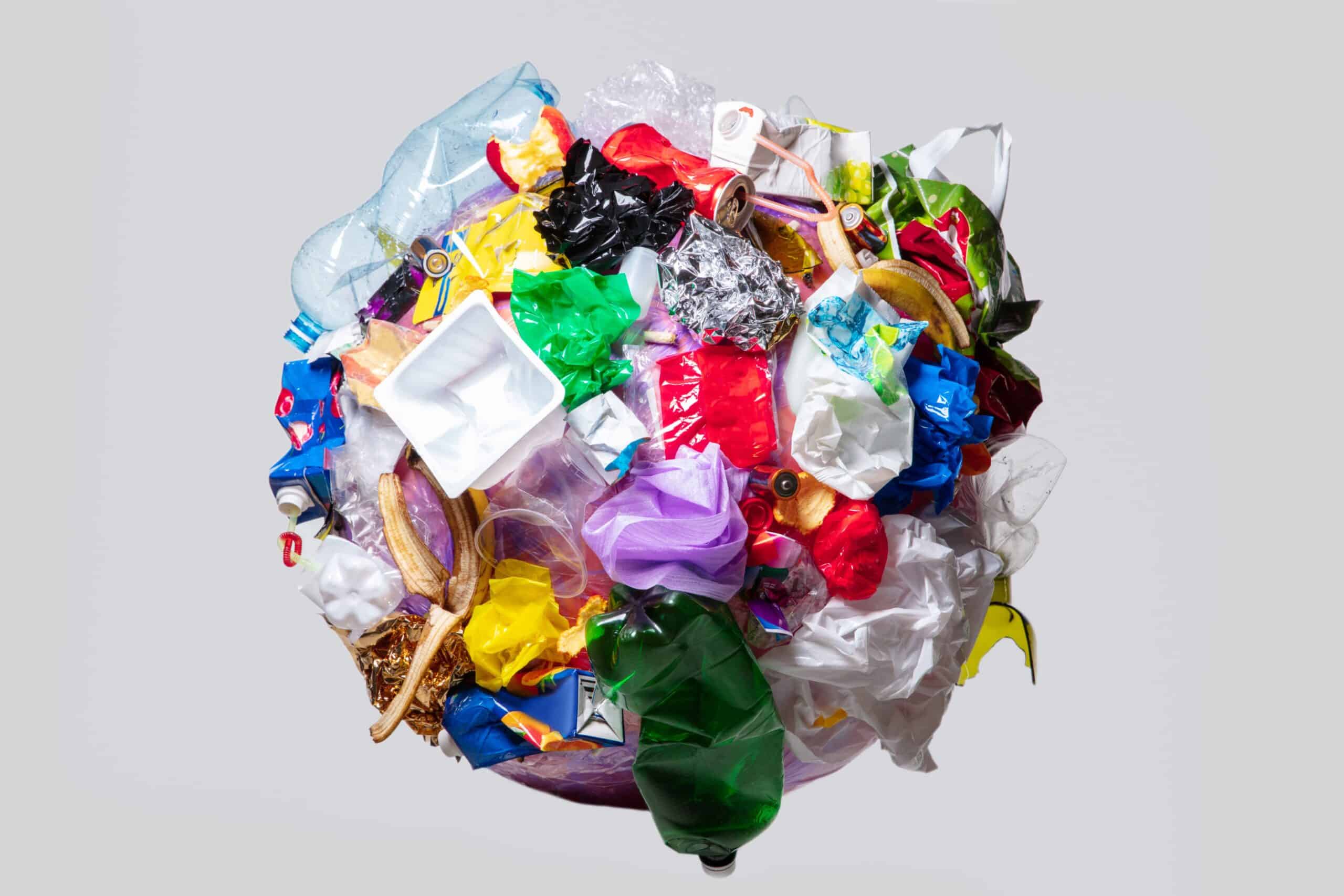A team led by Changcheng Zhou, a biomedical scientist at the University of California, Riverside, now raises the hopes of solving the mystery. In a mouse study, the researchers found a phthalate — a chemical used to make plastics more durable — led to increased plasma cholesterol levels.
“We found dicyclohexyl phthalate, or DCHP, strongly binds to a receptor called pregnane X receptor, or PXR,” said Zhou, who is a professor in the UCR School of Medicine. “DCHP ‘turns on’ PXR in the gut, inducing the expression of key proteins required for cholesterol absorption and transport. Our experiments show that DCHP elicits high cholesterol by targeting intestinal PXR signaling.”
DCHP, a widely used phthalate plasticizer, has recently been proposed by the Environmental Protection Agency as a high-priority substance for risk evaluation. Not much is known yet about DCHP’s adverse effects in humans.
“To our knowledge, our study is the first to show the effects of DCHP exposure on high cholesterol and cardiovascular disease risk in mouse models,” Zhou said. “Our results provide insights and new understandings of the impact of plastic-associated chemicals on high cholesterol — or dyslipidemia — and cardiovascular disease risk.”
Zhou’s team also found that mice exposed to DCHP had in their intestines higher circulating “ceramides” — a class of waxy lipid molecules associated with increased cardiovascular disease risk in humans — in a way that was PXR-dependent.
“This, too, points to the potentially important role of PXR in contributing to the harmful effects of plastic-associated chemicals on cardiovascular health in humans,” Zhou said.
Zhou was joined in the research by Zhaojie Meng, Jinwei Liu, Rebecca Hernandez, and Miko Gonzales of UCR; and Yipeng Sui, Taesik Gwag, and Andrew J. Morris of the University of Kentucky. The study was published in Environmental Health Perspectives, a top journal in the environmental health field.
The work was supported in part by the National Institute of Environmental Health Sciences, or NIEHS. Hernandez was supported by a recently renewed NIEHS training grant to UCR. Gonzales, an undergraduate student, was a UCR honors Capstone scholar.




